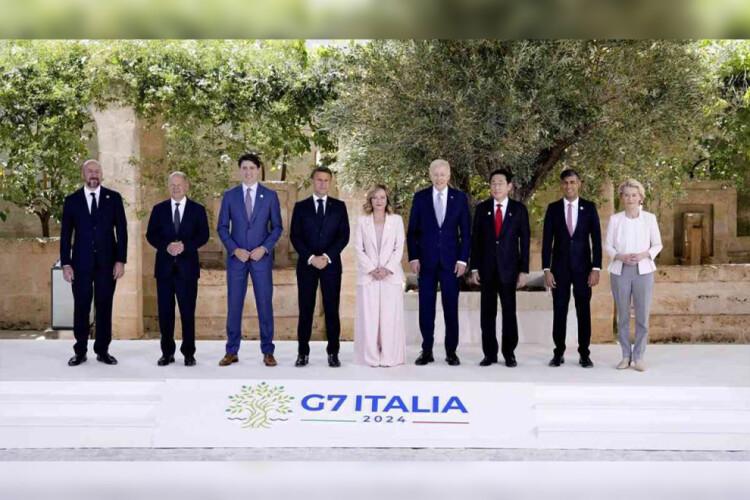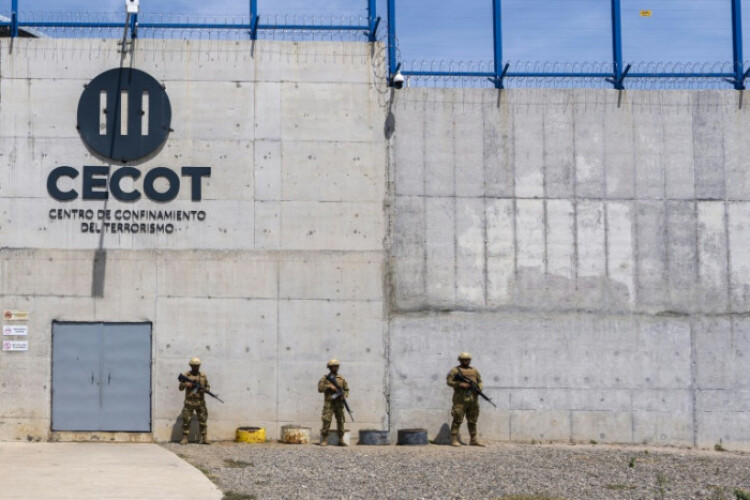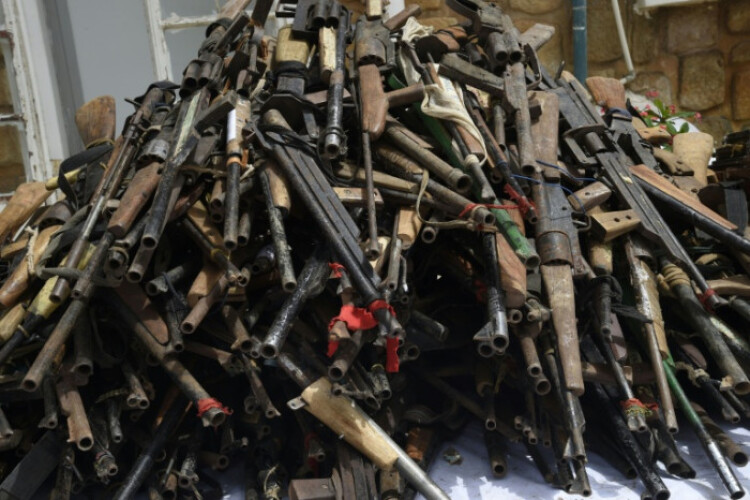
TOKYO – One of the documents of agreement to be adopted at the upcoming summit of the leaders of the Group of Seven countries will call for the formulation within the year of a road map to diversify procurement of rare earth minerals, with the goal of lowering dependence on China, a major producer of rare earths and other resources, according to a draft of the document The Yomiuri Shimbun has obtained.
The next G7 summit will be hosted by Canada in the Kananaskis region from June 15 to 17.
Amid deepening division between the administration of U.S. President Donald Trump and European countries, the G7 countries view stabilizing supply chains for critical minerals as a top priority and are trying to work together to achieve it.
According to government sources, the G7 nations do not plan to formulate a leaders’ declaration, a choice made to avoid highlighting divisions within the G7 over Trump’s tariff policy and responses to Russia’s aggression against Ukraine.
Instead, preparations are under way to come up with documents of agreement on critical minerals and six other topics, such as artificial intelligence and measures against wildfires, on which consensus can be reached with relative ease.
The draft statement on critical minerals obtained by the Yomiuri Shimbun notes that the G7 nations share common interests in national and economic security and suggests the danger of dependence on China without mentioning the country by name. It also goes on to say that a road map for the creation of a new marketplace based on procurement standards of critical minerals will be formulated. The draft states the procurement standards will be common standards to be shared by Japan, the United States and European countries, and it stipulates that each government will actively provide subsidies to mining companies and investment firms which meet these standards.
During the previous summit, held last year in Italy, the G7 countries, in regard to procurement standards, affirmed a principle of giving consideration to concerns in addition to price, such as transparency and trustworthiness of procurement sources.
According to European diplomatic sources, in order for this principle to be achieved quickly, the roadmap will include deadlines for addressing certain concerns, such as consultations with international organizations, mineral mining countries and companies; creation of detailed procurement standards; and formulation of guidelines for companies.
The guidelines will apparently include a goal of keeping the percentage of rare earths procured from countries that do not meet these standards under a certain percentage. The G7 plans to encourage non-G7 countries to join their efforts.
Rare earth minerals are used in electric vehicles and smartphones. China, which accounts for 70% of global production, has imposed restrictions on exports of them as a countermeasure to the Trump administration’s high tariff policy.
Asia News Network/The Japan News
The next G7 summit will be hosted by Canada in the Kananaskis region from June 15 to 17.
Amid deepening division between the administration of U.S. President Donald Trump and European countries, the G7 countries view stabilizing supply chains for critical minerals as a top priority and are trying to work together to achieve it.
According to government sources, the G7 nations do not plan to formulate a leaders’ declaration, a choice made to avoid highlighting divisions within the G7 over Trump’s tariff policy and responses to Russia’s aggression against Ukraine.
Instead, preparations are under way to come up with documents of agreement on critical minerals and six other topics, such as artificial intelligence and measures against wildfires, on which consensus can be reached with relative ease.
The draft statement on critical minerals obtained by the Yomiuri Shimbun notes that the G7 nations share common interests in national and economic security and suggests the danger of dependence on China without mentioning the country by name. It also goes on to say that a road map for the creation of a new marketplace based on procurement standards of critical minerals will be formulated. The draft states the procurement standards will be common standards to be shared by Japan, the United States and European countries, and it stipulates that each government will actively provide subsidies to mining companies and investment firms which meet these standards.
During the previous summit, held last year in Italy, the G7 countries, in regard to procurement standards, affirmed a principle of giving consideration to concerns in addition to price, such as transparency and trustworthiness of procurement sources.
According to European diplomatic sources, in order for this principle to be achieved quickly, the roadmap will include deadlines for addressing certain concerns, such as consultations with international organizations, mineral mining countries and companies; creation of detailed procurement standards; and formulation of guidelines for companies.
The guidelines will apparently include a goal of keeping the percentage of rare earths procured from countries that do not meet these standards under a certain percentage. The G7 plans to encourage non-G7 countries to join their efforts.
Rare earth minerals are used in electric vehicles and smartphones. China, which accounts for 70% of global production, has imposed restrictions on exports of them as a countermeasure to the Trump administration’s high tariff policy.
Asia News Network/The Japan News






